On International Women's Day: ‘Focus on what unites us’
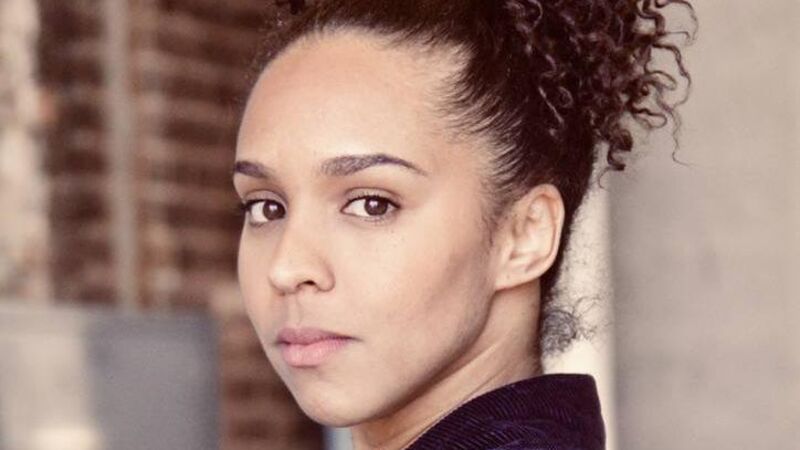
WDorothée Karekezi.
Dorothée Karekezi, writer
To aspire inclusion is to seek shelter in the middle of the storm. To inspire inclusion is to open its door. The sad truth is that the underprivileged, the disempowered have to fight for the right of buying wood to build their own shelter. Many of us cannot afford to wait for inclusion, we have to fight for it continuously.
Inclusion is not selective, nor is it driven by personal gain. Inclusion is not a fancy word to add on a mission statement. It is not a pass to tokenize me.
Nor is it a way to categorise me. When differences are seen as a threat or an inadequacy, to inspire inclusion is to show what humanity can look like at its best, to celebrate the diversity of minds and bodies.
Truly. To inspire inclusion is to actively choose to focus on what unites us, rather than what differentiates us. To inspire inclusion is to offer me the chance to share my story, to speak freely and safely. And along the way, you’d be surprised to hear that I just wanted to be your friend.
Dorothée Karekezi is a Belgian writer and actor fascinated about storytelling, and especially interested in elevating silenced voices and stories from marginalised human beings. She is currently finishing her Higher Degree in Theatre & Performative Practices at University College Cork.
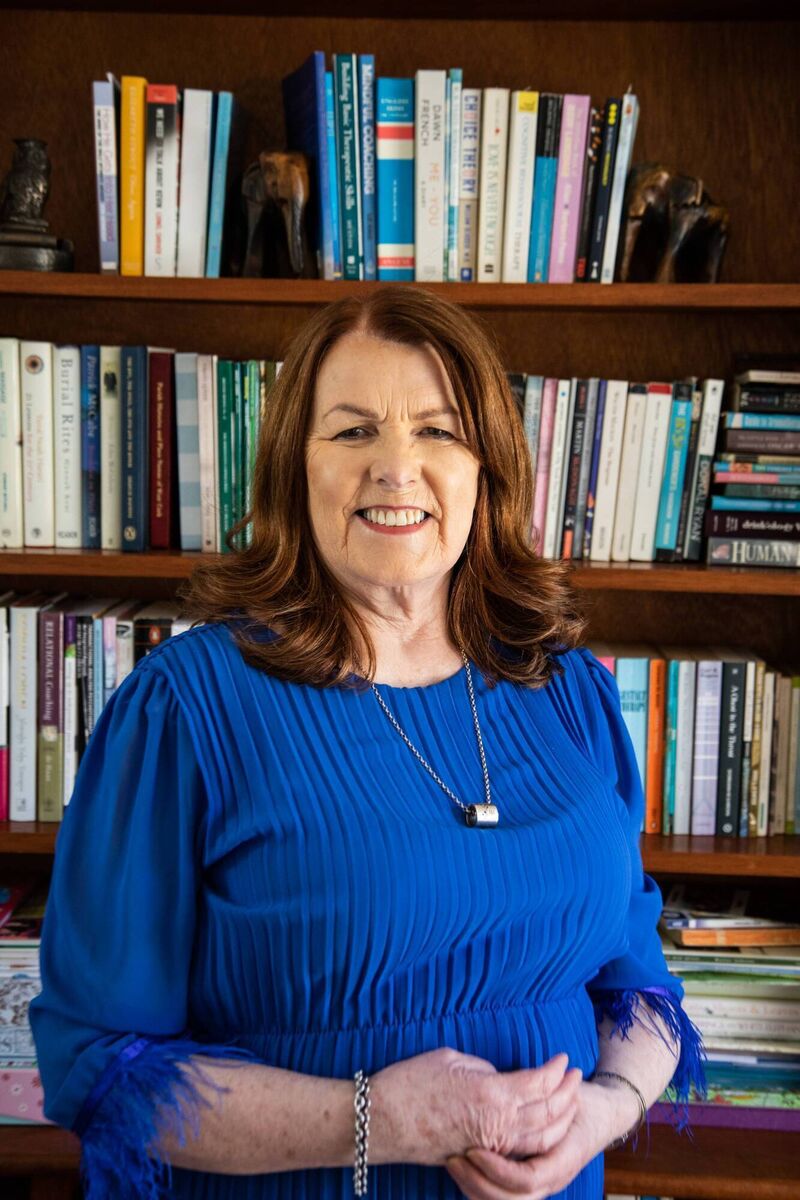
Noreen Coomey, Transition Coaching and Psychotherapy
Inspired inclusion is about creating a culture of respect, empathy and collaboration, genuinely valuing and embracing the richness that diversity brings to our country.
An intentional and enthusiastic effort must be made, beyond just meeting basic diversity requirements, to make sure everyone feels welcome, respected and valued.
We must create spaces where differences are celebrated rather than tolerated and where everyone can be their authentic selves without fear of judgment or discrimination.
In my opinion, inclusion cannot exist without equity. We initially need to recognise and understand each and every individual’s circumstances, resources and opportunities in order to provide what they need. Adjustments then need to be made to address the actual imbalances when looking at equity in workplaces and society. Next, we need to examine and recognise the systems in place that are set up as obstacles to people reaching their goals. Organisations need to become aware of their systems, policies and norms that prevent an equitable, just society. They then need to make adjustments to these systems or remove them to provide equity for those who need it.
For example, we need to provide suitable materials to students and workers with visual impairments, negotiate deadlines for those with learning disabilities and explain workplace concepts to those with difficulties. Thereby, accommodations can make the situation equitable, rather than equal, giving each person the resources to suit their circumstances, and giving all a better chance of success.
Finally, we need to recognise and work on our own unconscious bias – unfair prejudice for (or against) one person or group. As a society we need to remove bias, favouritism and barriers to success to get the kind of justice that is equity.
We need to ask ourselves if we are blaming people for what we see as their shortcomings and disadvantages, or, for example, seeing minorities as being “less than”.
As a Transition Coach and Psychotherapist, I work with people who can have differing needs in the workplace, in education and socially. These clients report that they have little control over the roadblocks they encounter in different organisations and, more often than not, experience lack of equity in these situations. A lot more needs to be done by the powers-that-be when it comes to inclusion and especially equity.
Noreen Coomey, Transition Coaching and Psychotherapy, is a finalist, highly commended Solo Businesswoman Category, Network Ireland Businesswoman of the Year Awards, practicing in Ballincollig and in West Cork
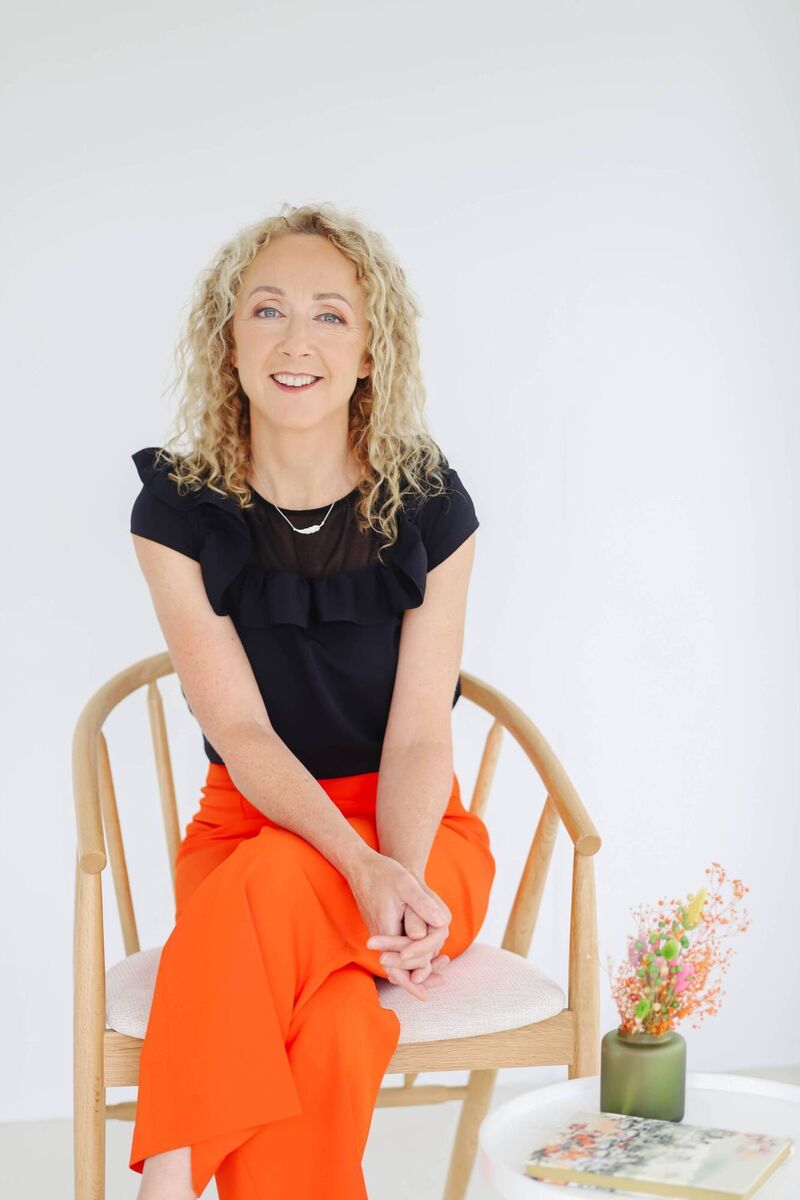
Melissa Curley, SocialBe, a workshop facilitator and trainer, with a speciality in the area of Unconscious Bias / Conscious Inclusion.
Inclusion means universal representation at the level of design of our spaces, both physical and temporal; of our systems and processes; of our technology and algorithms.
It means deliberately debiasing our existing ‘default’ ways of how the world works. And embodying the mantra ‘nothing about me without me’ when designing new ways for how the world works.
Inclusion means not just that I have a place at the table, but I have a voice at that table and that voice will be listened to, respectfully.
That means creating psychological safe spaces where diverse voices and minds are comfortable with speaking up, and taking interpersonal risks, without fear of ridicule or recrimination. Inspiring inclusion means role models, allyship, being the change we want to see. The recent Lidl advert that encourages us to #fillallseats at the women’s GAA games is an example of this.
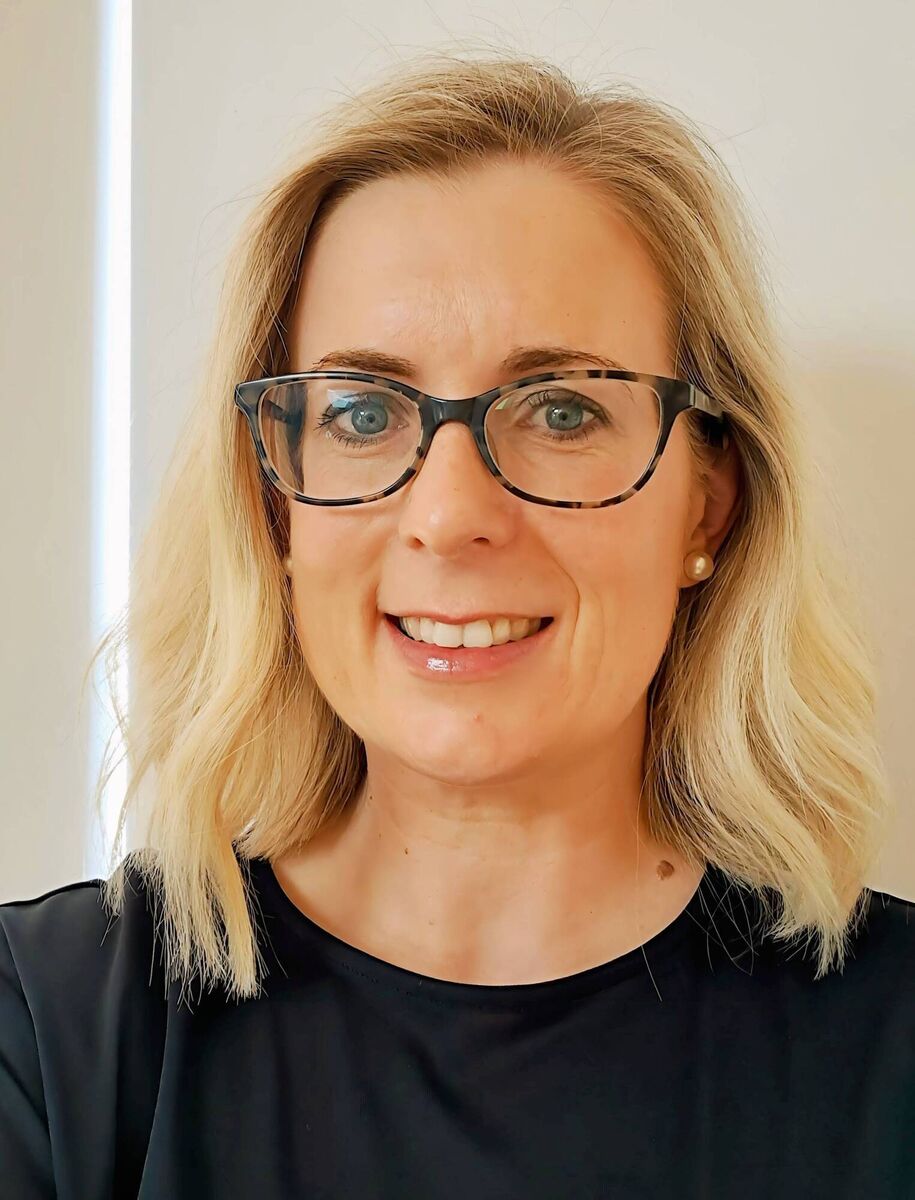
Samantha Cushen, researcher, lecturer, and registered dietitian at UCC
‘Inspired Inclusion’ to me means empowering women and girls to lead and make decisions while also ensuring they have access to the necessary information to make informed decisions about their health.
By providing them with comprehensive resources, we support women to take charge of their health decisions and advocate for their well-being, ultimately contributing to a more inclusive and equitable society.
As a female researcher, lecturer, and registered dietitian at University College Cork (UCC), I am dedicated to advancing this cause. Inspired inclusion means making sure everyone, including vulnerable groups like cancer survivors, gets the support they need, tailored to their unique situations.
My aim? Closing knowledge gaps and providing support, especially for cancer survivors, through specialised nutritional guidance that can significantly impact their quality of life.
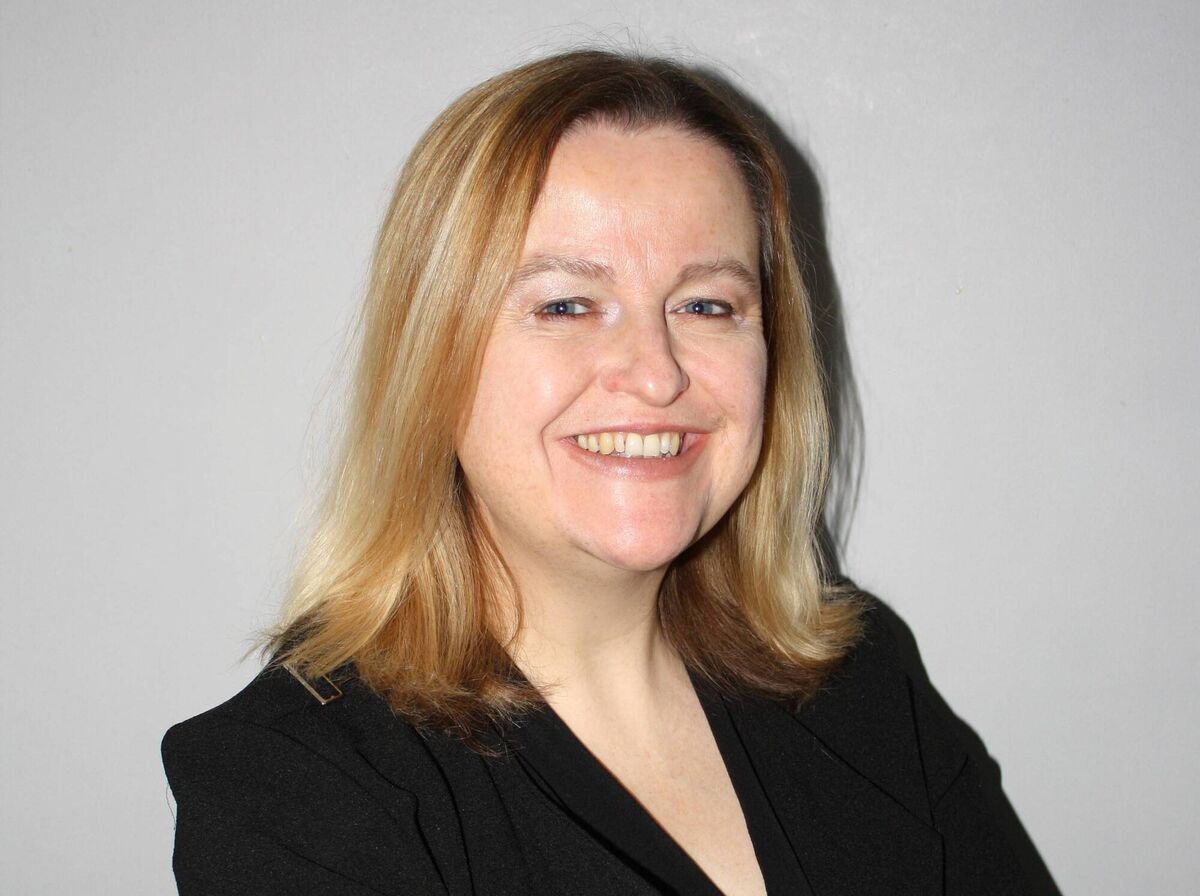
Eleanor McSherry
I am a parent advocate, head of courses on autism studies, neurodiversity in the screen industry, wellbeing coordination for the screen industry and advocacy in ACE at UCC. I’m also autistic.
I see ‘Inspiring inclusion’ as the goal of my job.
I use education as a tool to help my students to be seen, to be heard, to be effective communicators and to speak out when they have to. As a carer, it is something I had to learn, to speak up for my son and for myself, carers are unseen; it is the greatest privilege to now share this knowledge with my students so they can do the same.

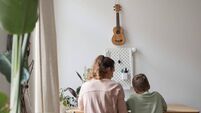
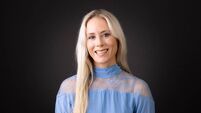
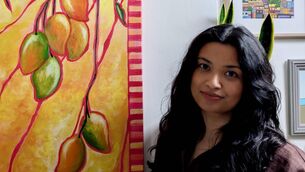
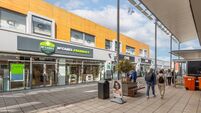


 App?
App?


